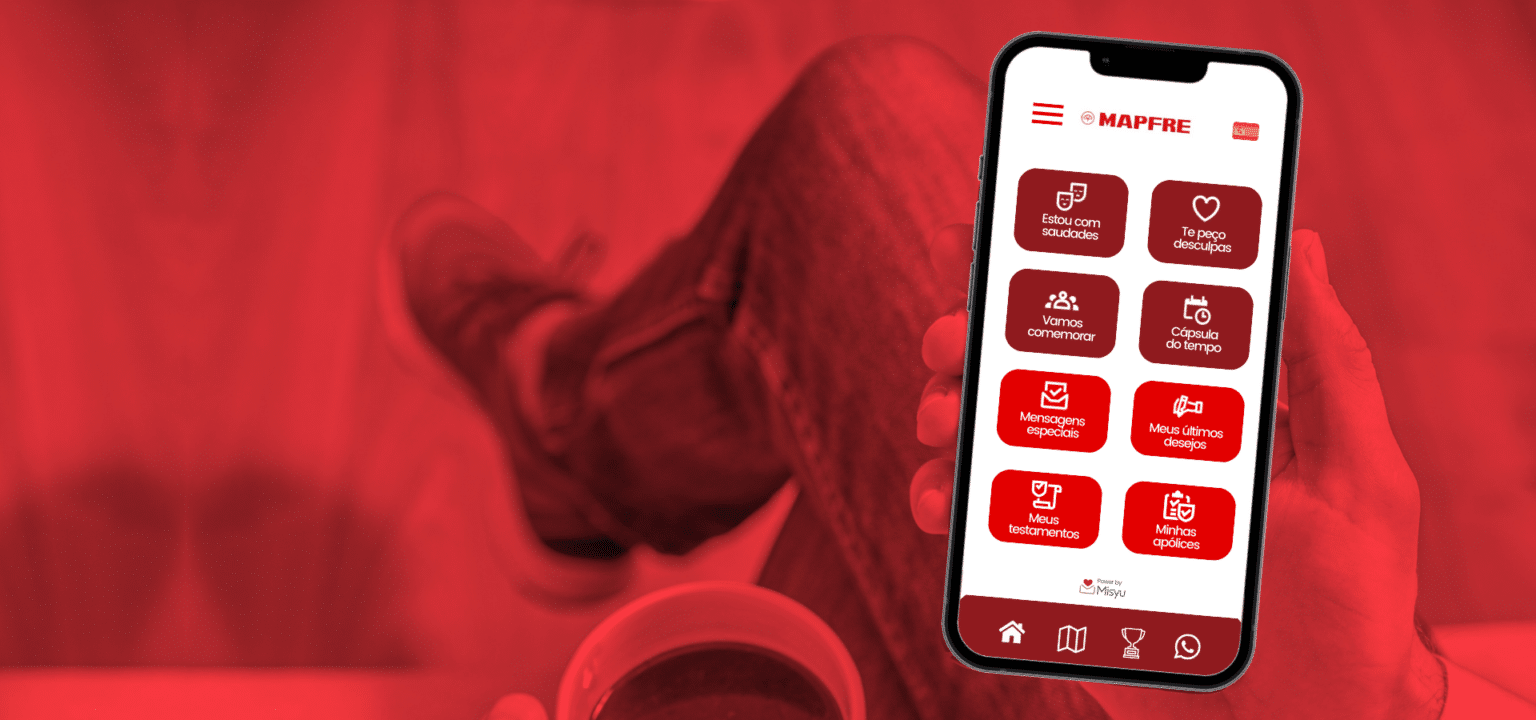When a person dies, a survey is carried out to ascertain all assets and rights left by the deceased. After this survey, the sharing between the heirs will be made.
HERITAGE WILL: Manifestation of last will by which an individual disposes, for after death, in all or part of his property.
The will, in addition to being a document in which people can dispose of their property, is also ideal for inserting information that the testator considers to be important — such as how any debts should be paid, for example. There aren't many impediments to its realization, it's just enough that the person is lucid and is at least 16 years old.
When a person dies, a survey is carried out to ascertain all assets and rights left by the deceased. After this survey, the sharing between the heirs will be made.
However, if there is no will, the assets will be distributed to the heirs by legitimate succession.
In this case, it is the law that determines who will receive the inheritance, following the order of hereditary vocation.
Thus, the assets will go to the descendants (children, grandchildren, great-grandchildren and ad infinitum) in competition with the spouse or partner or to the ascendants (parents, grandparents, great-grandparents and ad infinitum), also in competition with the spouse or partner.
In the absence of ascendants, the one who will receive the inheritance will be the surviving spouse or partner.
In the absence of a surviving spouse or partner, collateral relatives (brothers, uncles, nephews, great-uncles, grand-nephews, grand-nieces) are entitled.
But it may happen that the person wants to leave their property to other people, not just those listed in the law.
In the absence of a surviving spouse or partner, collateral relatives (brothers, uncles, nephews, great-uncles, grand-nephews, grand-nieces) are entitled.
But it may happen that the person wants to leave their property to other people, not just those listed in the law.
What part of the property can be the object of the will?
Only 50% (fifty percent) of the inheritance – that is, the available part – can be object of the will. That's because 50% of your inheritance must be transferred, obligatorily, to the necessary heirs – if any.
These necessary heirs are the descendants (children, grandchildren, great-grandchildren and ad infinitum), ascendants (parents, grandparents, great-grandparents and ad infinitum) and the spouse or partner.
We suggest to our clients that they make their patrimonial wills with the support of a lawyer and that they register them in a notary's office.
TESTAMENTO VITAL
It is a public document, drawn up in the Notary, which expresses the will of a person who is in the enjoyment of their mental capacities, with the purpose of disciplining about the care, treatments and medical and therapeutic procedures they want, or not, be submitted if unconscious due to a terminal illness with no prospect of cure.
The Living Will applies not only to terminally ill people, but to all clinical stages that place them in an end-of-life situation, such as terminal illness, persistent vegetative state, and chronic illnesses. The right to die with dignity is sought.
Created in 2012 with a resolution of the CFM (Federal Council of Medicine), the VADs have no legal value, that is, it is up to the doctor to decide whether to comply with the patient's wishes, taking into account technical and ethical principles. Since the resolution, the number of records in Brazil has grown, albeit timidly, according to data from the Colégio Notarial do Brasil – São Paulo Section: there were 35 DAV in 2008, 232 in 2012, 731 (highest number registered to date) in 2015 and 549 in 2020.
The Living Will is made by the individual while he/she is healthy and can be used to guide the treatment of a patient as long as it respects medical ethics. The legislation regarding the use of the will is different depending on the country, but it is agreed in most of them that the patient has the right to decide on the medical treatment he will receive in the face of imminent death. The idea of the Living Will is to allow a person a "dignified death", avoiding unnecessary treatments – or those that have negligible benefits – for the artificial extension of the life.
The CFM resolution nº 1995/2012 provides for the advance directives of the patients' will, as follows:
Art. 1 Defining advance directives of will as the set of desires, previously and expressly expressed by the patient, about care and treatments that they want, or not, to receive when they are unable to express, freely and autonomously, their will.
Art. 2. In decisions about care and treatment of patients who are unable to communicate, or to express their wishes freely and independently, the physician will take into account their advance directives of will.
§ 1º Caso o paciente tenha designado um representante para tal fim, suas informações serão levadas em consideração pelo médico.
§ 2º O médico deixará de levar em consideração as diretivas antecipadas de vontade do paciente ou representante que, em sua análise, estiverem em desacordo com os preceitos ditados pelo Código de Ética Médica.
§ 3 The patient's advance directives will prevail over any other non-medical opinion, including the family members' wishes.
§ 4º O médico registrará, no prontuário, as diretivas antecipadas de vontade que lhe foram diretamente comunicadas pelo paciente.
§ 5 If the advance directives of the patient's will are not known, nor is there a designated representative, available family members or lack of consensus among them, the physician will appeal to the institution's Bioethics Committee, if any, or, in its absence, to the Ethics Committee Physician at the hospital or to the Regional and Federal Council of Medicine to base their decision on ethical conflicts, when they deem this measure to be necessary and convenient.
Art. 3 This resolution enters into force on the date of its publication. (BRASÍLIA, 2012:269-70).
Among the uses of the document, we can highlight three:
a) ensure that the patient's wishes are followed by the physician.
b) avoid disagreements in the family about which procedures to adopt in case of unconsciousness of the patient.
c) protection and legal support for the physician.
We suggest to our clients that they make their living wills with the support of a lawyer and a family doctor, that they register them in a notary's office.



